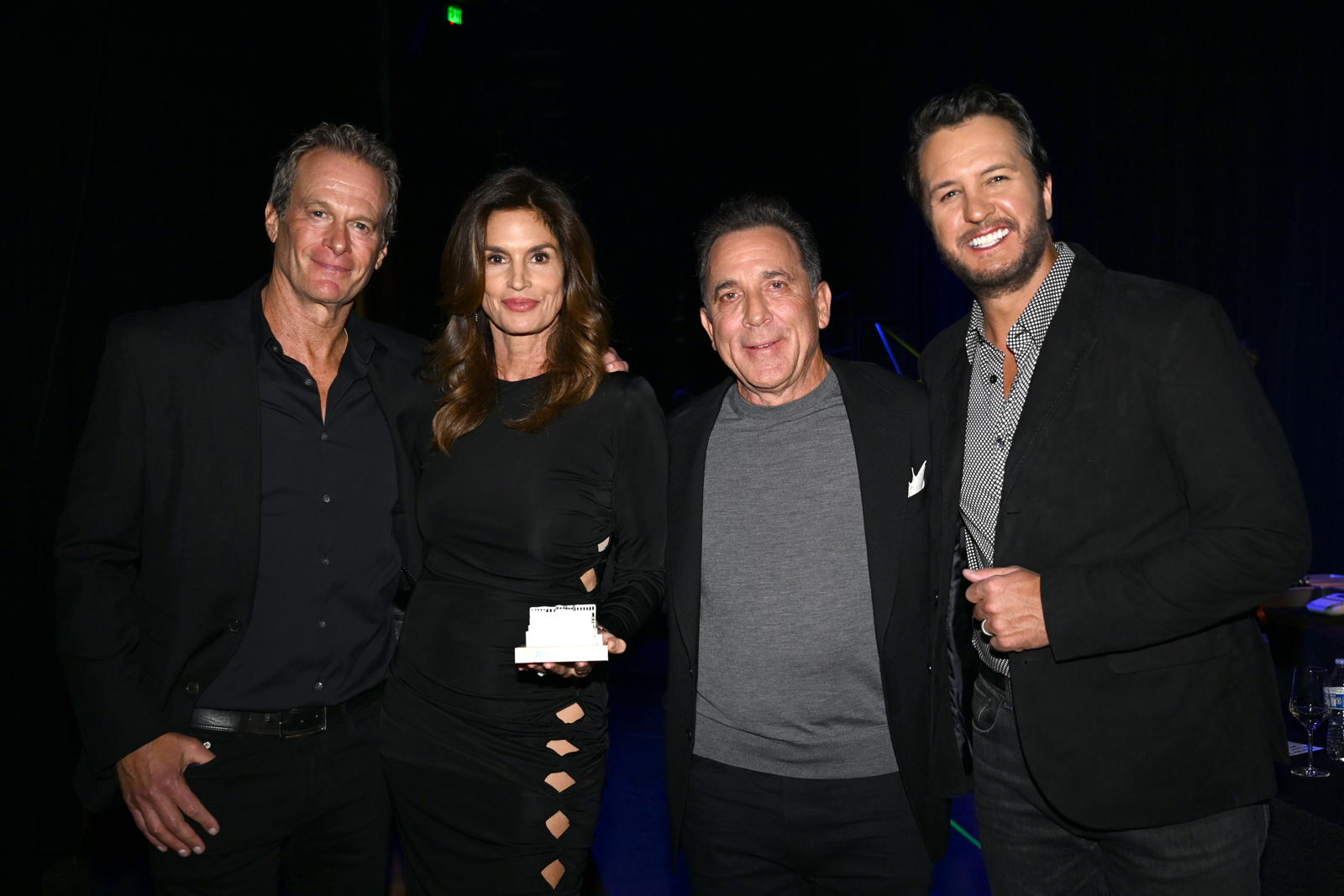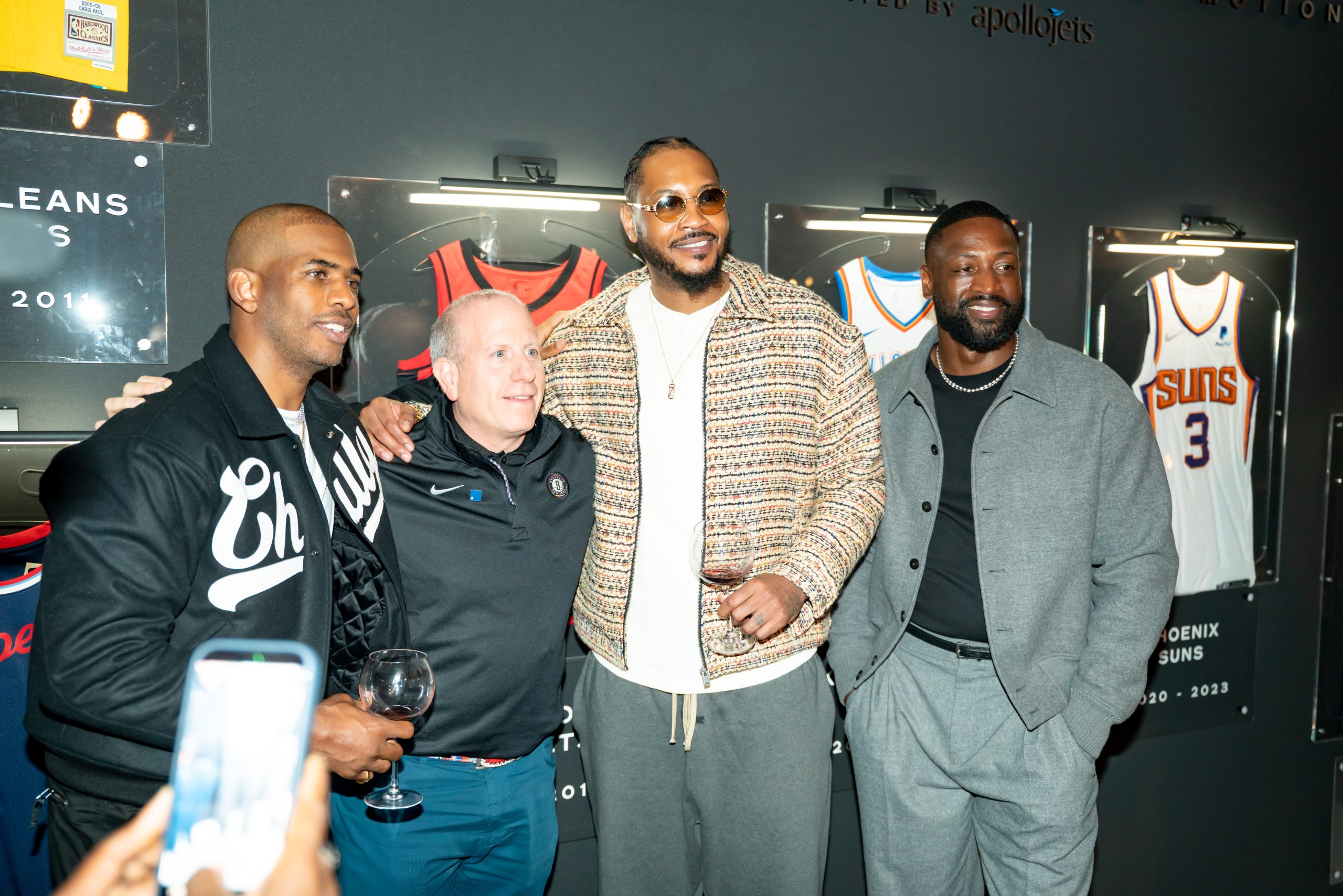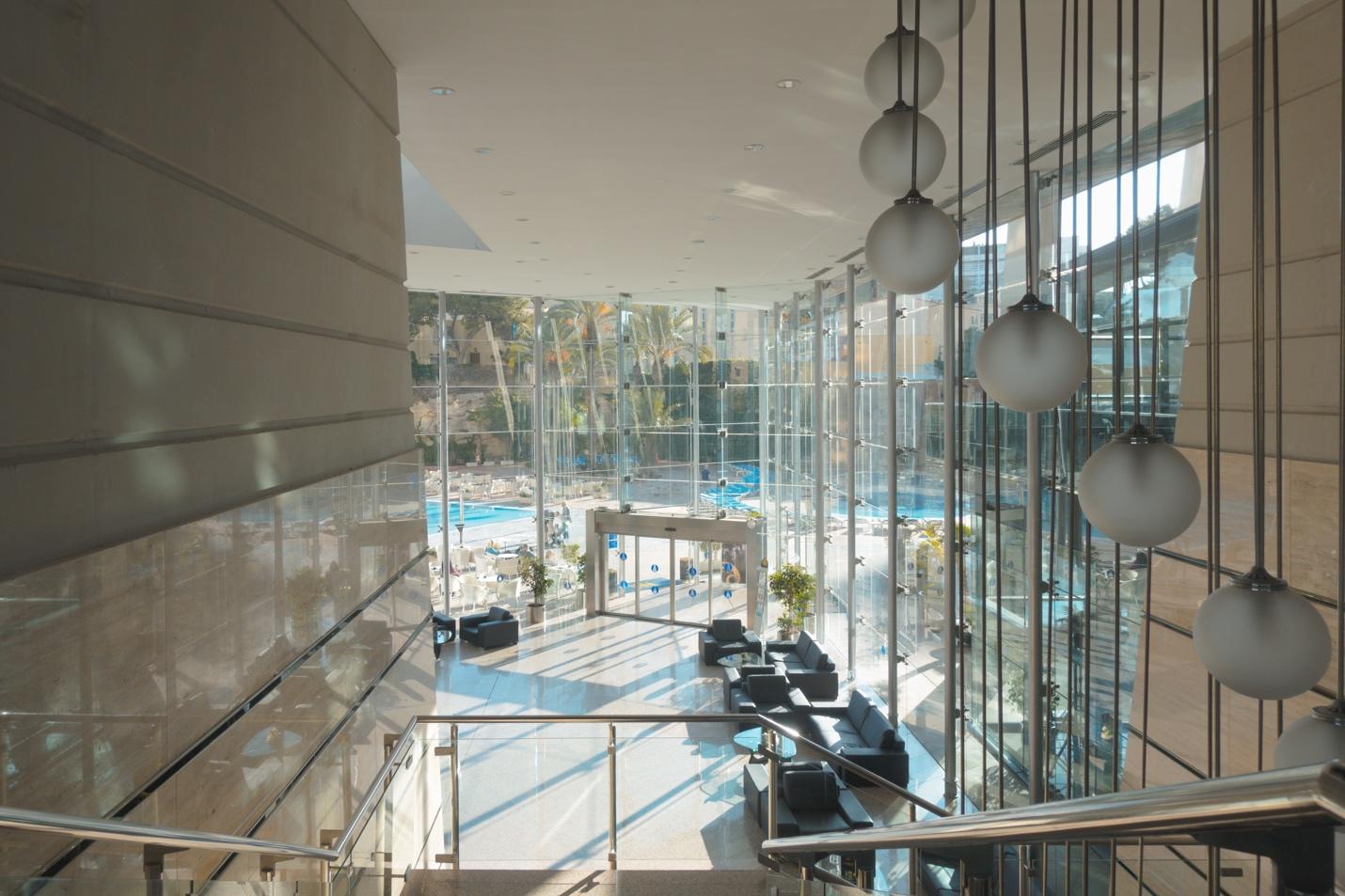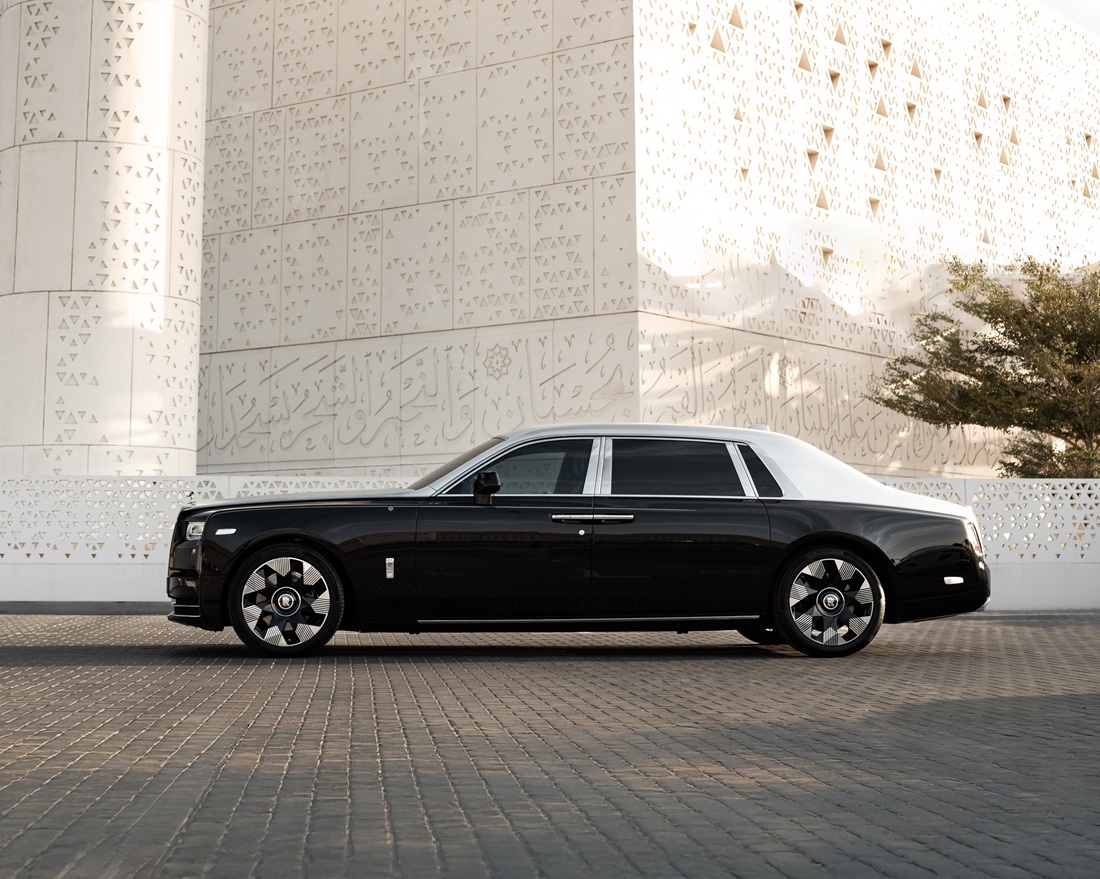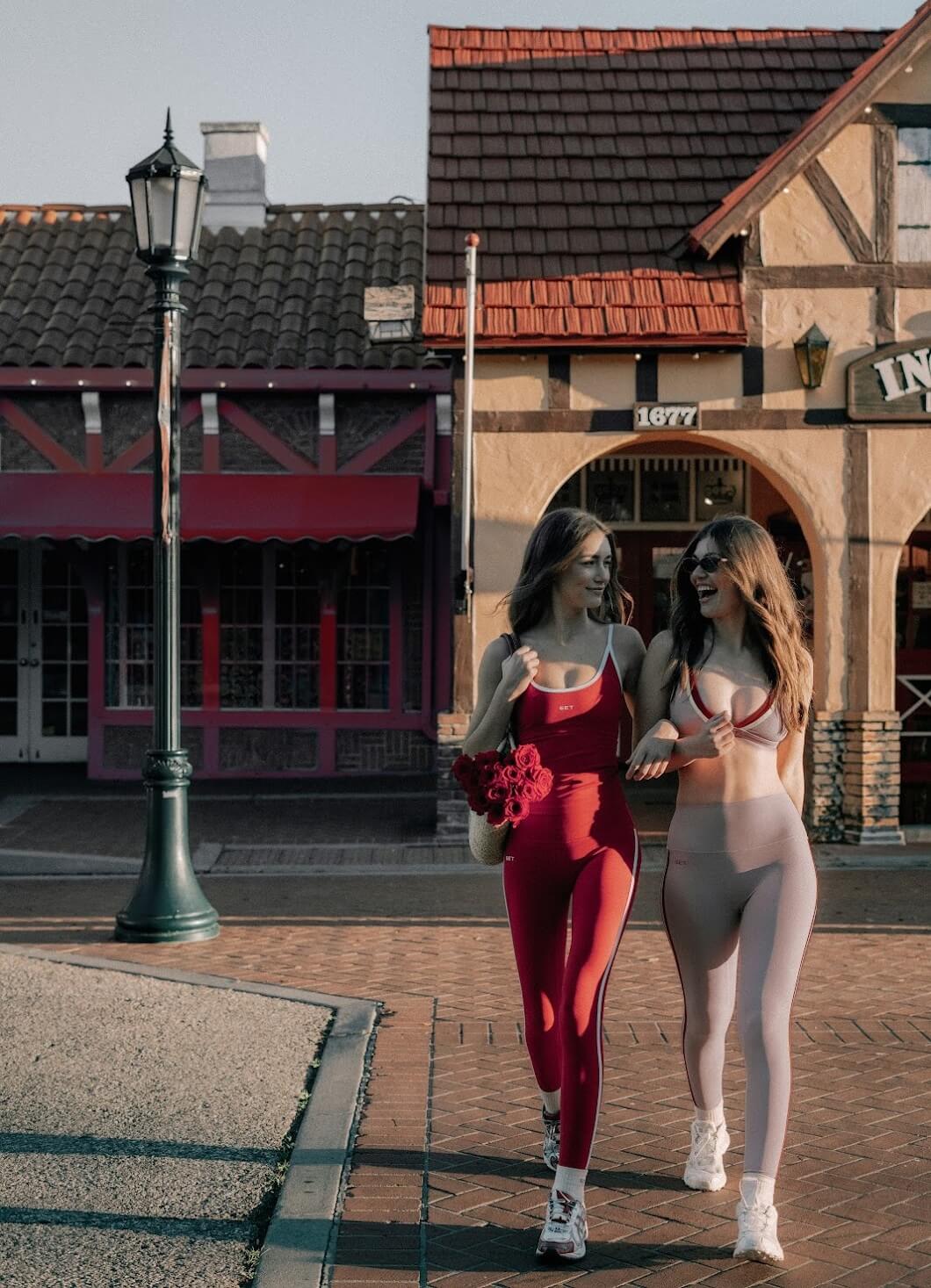Big Willie Style: Willie Lewis Brown Jr.
From the very beginning, Willie Lewis Brown Jr. was destined to make a difference.
He came to San Francisco in 1951 in order to make a difference in his own life, and he succeeded beyond anyone’s expectations. From the moment he stepped off the train from rural Texas, he began a rise to power that blended panache, raw talent, and boundless ambition. No politician dominated California longer or more completely than Willie. No politician was more flamboyant. And if you measure a man by the enormity of his progressive impact on the world, former San Francisco Mayor Willie Brown is undoubtedly one of the most extraordinary men in the City by the Bay.
Yet as he moved through life, and through the glitzy restaurants and grandiose chambers where he held court, Brown’s origins were never far from his thoughts. He hailed from the humblest of beginnings: Mineola, Texas, a segregated small town full of people with segregated small town views. Willie Brown was too big for such a place. His escape route brought him west to the coast of northern California, a place where his race wasn’t the overriding factor, even back in the middle of the 20th century. “This city so welcomed me and made me feel comfortable and made me forget the color of my skin.”
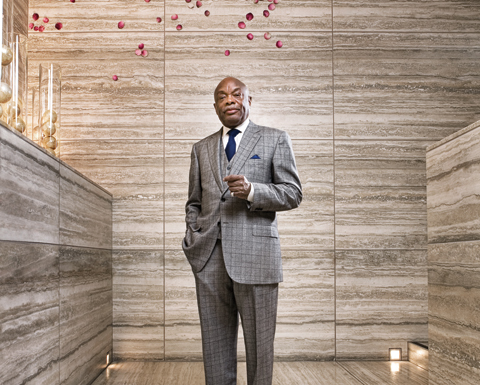
[highlight_text] For the past two years Brown has called the St. Regis home, and his choice to rest his head at night in the five-star condo-hotel is indicative of something much greater than his taste in real estate. [/highlight_text]
He says this from the lobby bar of the St. Regis San Francisco, his personal stomping ground, thanks to his residence upstairs. During the course of our conversations, men stop by to clap him on the back while thanking him for his hard work and impact; women demurely offer their hands while simultaneously offering praise. People are captivated by the man who is the father of modern San Francisco, the man who is so firmly rooted in the city he says he does not like to take vacations. His career path reflects his affinity. Rather than following the typical route of corporate lawyer-turned-politician-turned mayor-turned-senator or -governor, Brown’s steadfast love for the city of San Francisco, which developed seemingly seconds after stepping off that train, spawned a path that kept Brown in the city, making moves to help her prosper. It’s no wonder San Franciscans return the love.
For the past two years Brown has called the St. Regis home, and his choice to rest his head at night in the five-star condo-hotel is indicative of something much greater than his taste in real estate. The beacon of luxurious hospitality is located South of Market, a district that Brown is personally responsible for revitalizing. When Brown began his quest, he had a vision for San Francisco, the city of his affection, and he refused to rest until that image was brought to fruition. And then he put his money where his mouth was, choosing to live-work-and-play in the neighborhood he helped create. His residence in the St. Regis is evidence enough that the shoe-shiner from small town Texas not only made it, he made it big.
It was a long climb to the top, but the eloquent man’s strong mastery of style, both in spoken prose and classic gentlemen’s fashions, made that climb unforgettable not only to San Franciscans but to the entire nation. His celebrity extends well beyond the city, and he carefully cultivated his public image over the course of his decades-long political career. He is affably known as Da Mayor, as a man of the people, by the people, and for the people. He is also known for getting results, a trend that started when he first arrived in the city to begin his undergraduate studies.
The Early Years
Brown originally wanted to go to Stanford University but was denied admittance. Opting for San Francisco State, Brown soon became involved in campus politics, joining the Young Democrats and becoming active in his church and in the San Francisco NAACP. After earning his bachelor’s in political science in 1955, he enrolled in law school.
Upon graduating from Hastings, he practiced criminal defense law, diligently representing the dregs of society, those whom more prominent attorneys were reluctant to work with. “Days were tough for a black person in the law world,” he recalls. “We were not openly recruited by law firms or real estate developers.” He established his own firm using what he knows best: personal relationships. These connections were the base of his entire practice and the only thing that allowed him to earn the money necessary to eat and live. He befriended bartenders, pastors-anyone who could refer someone who was down on their luck and had encountered a run-in with the law. “I thought that was the normal way to build an independent law firm,” he reflects. “In those first years, others didn’t have nearly as much fun practicing law. Day one, I was taking cases, while others who took jobs [with firms] were pigeonholed. I became a much more interesting person because I was really practicing law. I didn’t know that wasn’t the normal route; I wasn’t paid as much, but I did have a guaranteed opportunity.”
He also took on some pro-bono cases, fighting injustices and inequality with the NAACP. He garnered the experience that provided an insider’s perspective of the city’s woes and triumphs. “My law practice alerted me to the existence of an underclass not just of black people, and while representing the underclass, I became immensely familiar with their troubles. Simultaneously, I represented churches and pastors in their land issues.” While growing into the role as a community organizer, he realized that change was necessary for the city to progress as a whole, and he wanted to be the catalyst that made it happen. “It was almost natural for me to be looked at as the guy to do that work,” he states.
He first ran for State Assembly in 1962 but lost by a few hundred votes. The ’64 election had better results, and Brown became one of four black men in the field. He stayed in this role for more than 30 years-15 of which he served as Speaker. Ten years after joining the Assembly, he began to have a notion that he might like to serve as the city’s mayor, especially once his good friend, Mayor George Moscone, was elected. But tragically, Moscone was assassinated along with Harvey Milk by Dan White. (This shooting is the subject of the recent Oscar-contending film Milk, directed by Gus Van Sant.) “When he was assassinated, it turned me off from any aspect of local government. I considered it too small and partisan, and I just believed it was horrible to deal with people who would kill for politics. I didn’t get turned on until term limits [were introduced].” Under current California term limit, no Speaker of the California State Assembly will ever have a longer tenure than Brown’s record 15 years. “I wouldn’t have left the position if there wasn’t term limits,” he says. “I didn’t want to leave the political arena and mayor seemed to be the best option.”
The Mayor
In 1996, Brown successfully relocated his political franchise out of Sacramento, becoming the first black mayor in San Francisco history. During the course of his two terms, the city experienced the dot-com era that infused untold levels of wealth and prestige into Silicon Valley. That money allowed for an unprecedented real estate boom and provided the funds that allowed Brown to accomplish public beautification projects. His term also witnessed the dot-com bust that followed, and Brown was in office during the 9/11 tragedy that rocked the entire nation. The one consistency that remained throughout the city’s highs and lows was Brown’s unwavering faith in the greatness of San Francisco and her people.
When one reflects on his stint as the leader of the city (a role that was met with a very high approval rating), the sheer number of public works he was able to build or have approved is astounding. The city’s landscape changed drastically under his leadership, but what he feels is the crowning achievement is literally swathed in gold: the restoration of City Hall. The building was badly damaged in the 1989 Loma Prieta earthquake. Under Brown’s direction, the majestic light courts were resurrected to their original grandeur, and the project was topped off by the $400,000 gold leaf dome. The utter extravagance of it all led to the building being referred to as the Taj MaWillie.
Despite all of Brown’s status-quo-changing efforts, one of the issues closest to his heart-the plight of underprivileged black citizens-was one of his greatest disappointments. Brown worked on developing social policies that would lift Bayview-Hunters Point-an African-American community-out of poverty and rampant crime, namely via replacing Candlestick and introducing a home for the 49ers in the neighborhood. But the incoming mayor halted the efforts once Brown left office. While his plan did not come to fruition, Brown did leave office as one of the most notable and successful mayors in the city’s history.
Post-Public Office
Since exiting the public arena in 2004, Brown has not been resting on his laurels. He recently published his memoirs, Basic Brown: My Life and Our Times, which reads like a how to succeed in politics. The tips it contains range from the very serious “how to deal with federal investigations” and the serious “how to negotiate” to the seemingly flippant “how to dress.” For Brown, fashion is no laughing matter.
“I always had a great interest in clothes,” he says. His custom-made suits are part of his everyday wear; there is no place in his wardrobe for casual. He is a dapper dresser from a different generation, one where hats-in his case, Borsalino-were not something worn at a game to block the sun from the eyes but a downright gentleman’s necessity. “I considered becoming a designer of women’s clothes of all things,” he laughs. “Sorry I didn’t do that, because I would have been far better off financially. I have an interest in clothes far more than stocks and bonds. It is my hobby.”
The book is the result of two years of Saturday morning reflections with a ghost writing friend who managed to convince Brown, who had been offered large advances for a memoir, that the former mayor’s storytelling abilities could translate into a compelling read. While Brown says that he was of firm opinion that “the truth would not please a lot of people,” Basic Brown, which the New York Times called “less Brown’s memoir than a West Coast version of Machiavelli’s Prince, a seminar for young politicians by a master of the craft,” provides illuminating details about the politics of California, and the reviews have been entirely positive. Even those who do not necessarily agree with his politics can learn something from his candid tales.
His opinion is a sought-after one; his wealth of experiences in politics and in life has left him with a unique perspective about the state of the city and the nation. And he feels that, despite the economic situation that is wrecking havoc across the U.S. and around the globe, San Francisco is insulated from the brunt of the problems. “There are so many well-to-do people in this city it would surprise me if we were openly affected by what happens nationally and internationally to the economy,” he muses. “We are way down the food chain when it comes to an adverse impact on the economy, always have been. Even during the Silicon Valley changes [following the dot-com bust], we were still insulated. In part, the nature of our economy is based on joy and entertainment, things that make you feel better. When times are bad, you don’t go to the monastery. You go to San Francisco to feel better.”
He currently heads up the Willie Brown Institute on Politics, an independent non-profit organization that focuses on public policy issues. He remains loyal to the city that welcomed him so many years ago. He still spends his days exploring the city’s enclaves, dining in neighborhood restaurants and catching flicks weekly at the theater around the corner from the St. Regis. His presence is a fixture at North Beach Restaurant, Town Hall, and 1300, and his love knows no prejudice. “I am universal when it comes to the city. I am all over the city, any location; they all have a flavor for me. One thing that happens when you become mayor, you become a recognizable figure. People treat you with great respect and are welcoming, even calling me Willie and swapping stories with me about what happens on the streets or in the scenes.” So if you see him at one of his favorite haunts, feel free to say hello. Though he remains one of the most extraordinary stories in American politics, he’s just a normal San Franciscan, who plans on living the rest of his life in the city that he helped shape into one of the world’s greatest, most thriving metropolises.

